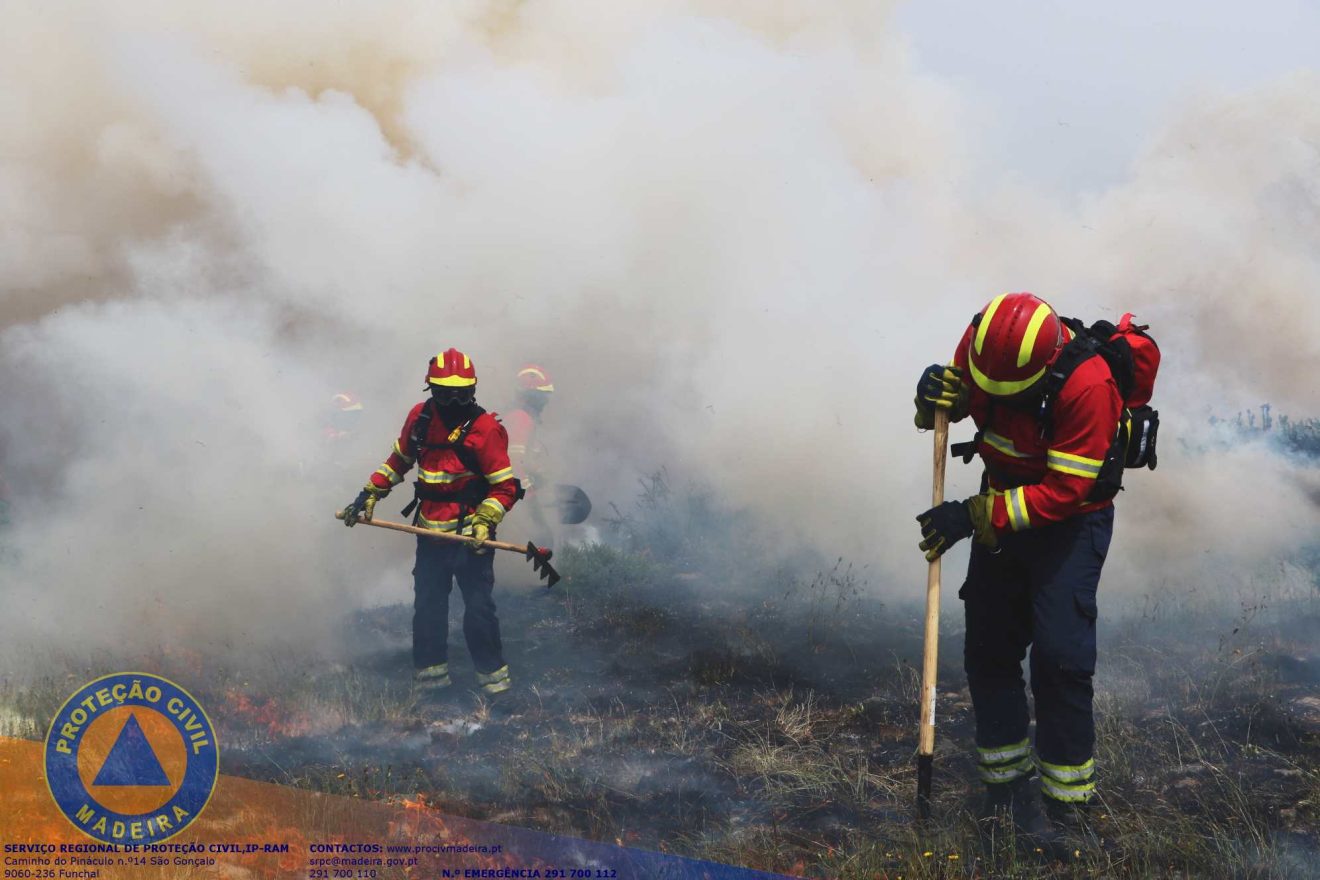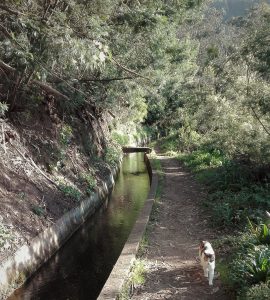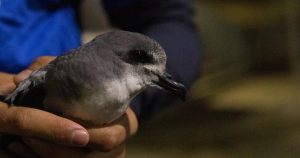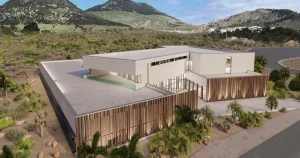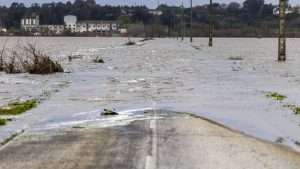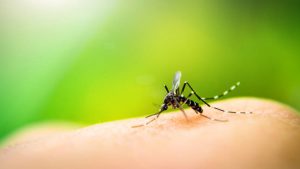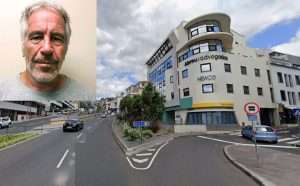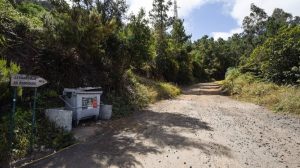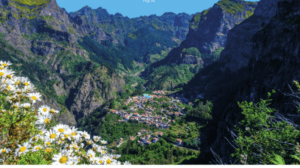In a video conference that started at 10:00 this morning, the Parliamentary Commission of Inquiry on the “Determination of political responsibilities in the fight against the fires that occurred between the 14th and 26th of August,” was today heard by Duarte Caldeira, Researcher for the Centre for Studies and Intervention in Civil Protection. During the conference, he stressed that in his first analysis of the data provided, the risk assessment of the situation was insufficient, stressing that given the history of fires in the Region, it took 3 days before a ‘declaration of calamity’ was issued, which in his opinion was far too late.
He then went on to say that he has been curious about the way Madeira’s civil protection system works and has been following the last fifteen years with particular interest. In 2010, ending his term as President of the League of Portuguese Firefighters, he visited the region after the 20th of February tragedy. He has then visited the island during as many fires as possible, armed with as much information as he can ascertain to discover the hows and whys of the many fires that affect Madeira, most of which are rural.
Responding consecutively to the questions of the attending deputies, Duarte Caldeira stated that when analysing the IFCN report, he concludes that, “in the initial phase of the fire, I refer to the first 24 hours, an insufficient assessment of the evolution of the fire will have been made”. And, “Today, the evaluation of the evolution of a forest fire, with the characteristics of the territory of Madeira, enhanced by meteorological conditions, cannot be done only by visualizing the fire or through perceptions. It has to be done by incorporating operational decision-making, with technical information and specialisation.”
In view of this available information, he declared that it is not possible to know who made the decision for the ground assessment, reinforcing that the history of fires in Madeira should always be available to allow for proactive decision-making and know what forces are available so that fires can be tackled in a more robust way from the start.
Duarte Caldeira also stressed his doubts about the effectiveness of the Canadair, which will have had more media effect than effectiveness in the fight, arguing that the firefighters on the ground are the ones that have the capacity to attack and put out fires. Madeira has almost 730 firefighters, of which 173 are professionals from humanitarian firefighter associations, 320 volunteers, 188 sappers, and 48 municipal.
Moreover, he insists that “it would have been desirable” that in the following 24 hours, given the following days, weather conditions, “all the procedures were triggered, namely the activation of the regional emergency and civil protection plan,” which would not only trigger the response but also, in preventive terms, allow them to anticipate what could be expected in the following days.
Samantha Gannon
info at madeira-weekly.com
Views: 3

